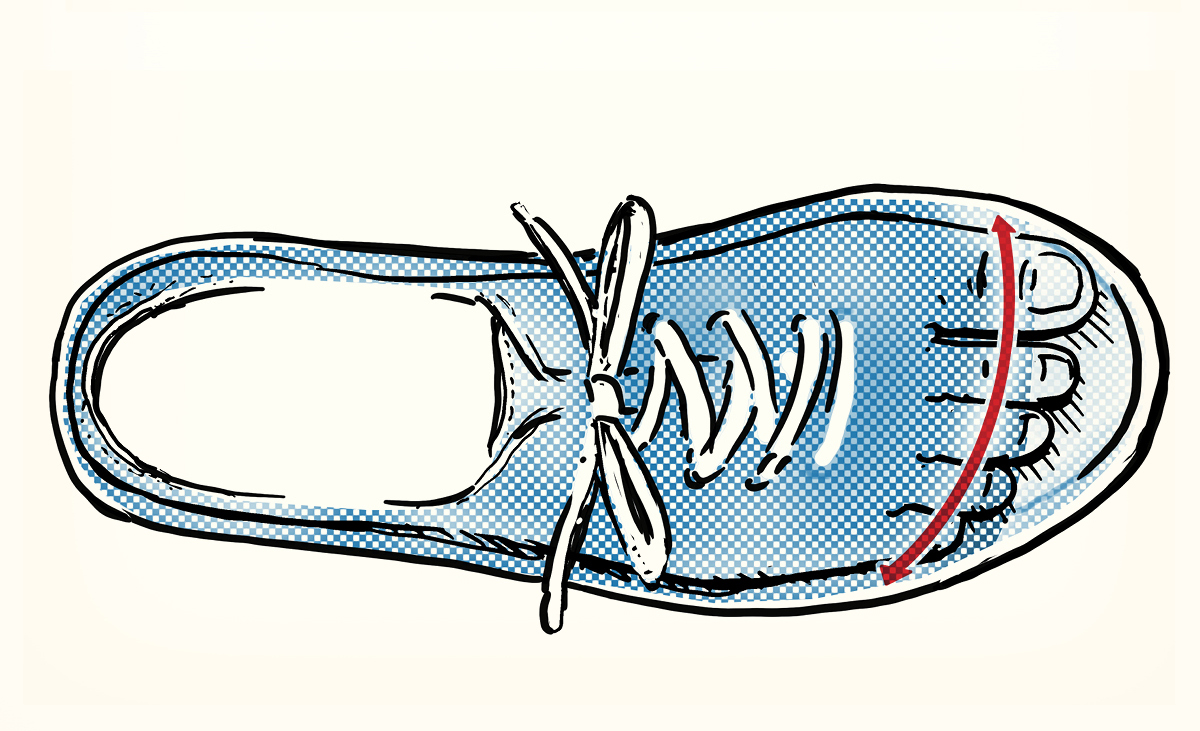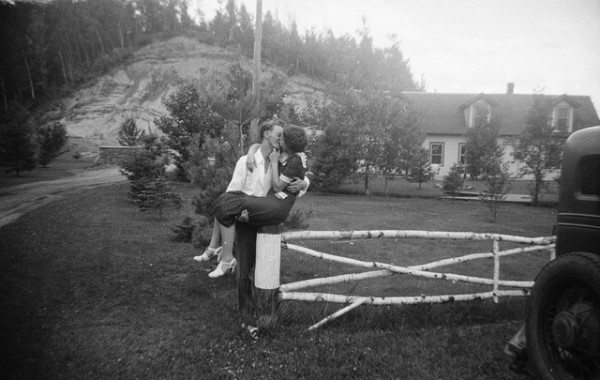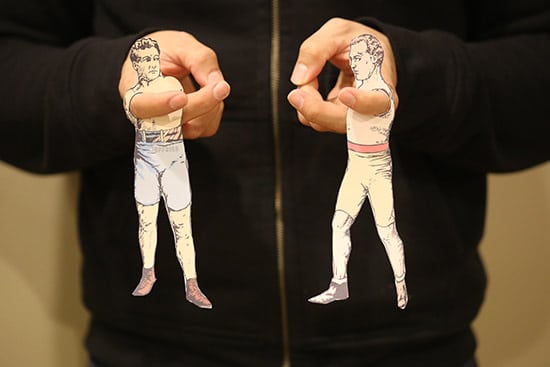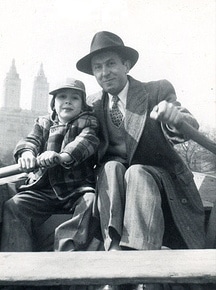Editor’s note: The following excerpt was included in FM 21-13, an Army field manual published in 1952. It applies well to both soldiers and civilians, regardless of what line of work they’re in.
FM 21-13
THE SOLDIER’S GUIDE
Section VI. PHYSICAL TRAINING
Military leaders have always recognized that soldiers do a much better job if they are in good physical condition. This applies to a soldier pounding a typewriter in the communications zone as well as the rifleman fighting in the front lines. Warfare is a grueling ordeal and makes many severe physical demands on individuals in all types of jobs. You may have to march long distances through rugged country with a full pack, weapons, and ammunition. You may be expected to fight upon arriving in the combat area at the conclusion of such a march. You may have to drive fast-moving tanks over rough terrain, to run and crawl long distances, to jump into and out of fox holes or trenches (some of which you may have dug), and to keep going for many hours without sleep or rest. All these activities and many others require superbly conditioned troops.
The importance of physical fitness has not decreased with the rise of mechanized warfare. Soldiers must still perform most of the arduous tasks which fighting men for thousands of years have had to do. The machines are no better than the men who operate them, and every improvement in our machines must be matched by an improvement in the quality and fitness of their operators. A close relationship exists between physical fitness and mental and emotional fitness (morale). The rugged, tough, well-conditioned soldier has a feeling of fitness and self-confidence. He’s a hard man to beat.
You can become or remain physically fit only through physical training. Long experience has shown that few men enter the Army physically fit for the arduous duties ahead of them. The softening influences of our modern civilization make the problem of conditioning men more difficult than ever. For these reasons, a good plan of physical training is a part of the Army’s training program. It is the only way to prepare you for your strenuous duty in the Army and may actually be responsible some day for saving your life or the lives of your friends.
The old saying about “a sound mind in a sound body” is as true today as it ever was. Your mind works best if your body is healthy. As the condition of your body improves under physical training, you will find that you can work longer and still remain mentally alert. You will feel more like doing things that require both mental and physical activity. You won’t mind the hard jobs because you won’t tire as easily. Your waistline will look trimmer; your chest expansion will be greater; and you will seldom be “out of wind.” Small problems will be easier to solve, and the big ones won’t look so big. Your self-confidence will increase, and you’ll feel ready to tackle anything or anybody.
The service benefits through having the maximum number of men ready and willing to do their jobs every day. Fewer and fewer men report for sick call as the health of the outfit improves. The over-all strength and fighting ability of the Army increases as each individual’s physical condition improves. Such an army is able to fight harder and to keep it up longer than a poorly conditioned enemy. Such an army has high morale, is vigorous, and takes pride in its accomplishment — it is an army that wins.
The Army has developed exercises to improve your physical fitness. Some of these are strenuous, but their value has been proved through use. Athletics also are excellent for improving your physical condition. Detailed information on physical training can be found in FM 21-20.
You’ve heard the old saying that “a chain is no stronger than its weakest link.” This is especially true in a military organization. In the offense the weakest section of an attacking company is stopped first. In the defense the enemy probes your position until he finds the weakest section; then he hits your weak spot with everything he has. The only answer is to strengthen your whole outfit until it has no weak spots. Physical training is a means of strengthening and conditioning your body so that it will have no weak spots.
When you have strengthened your weak spots, the next thing is to get everyone working together. Everyone on the team must help his teammates toward the common goal. The combination of a group of well-conditioned men working with each other will produce victory whether on the playing field, in the office, or in battle.








